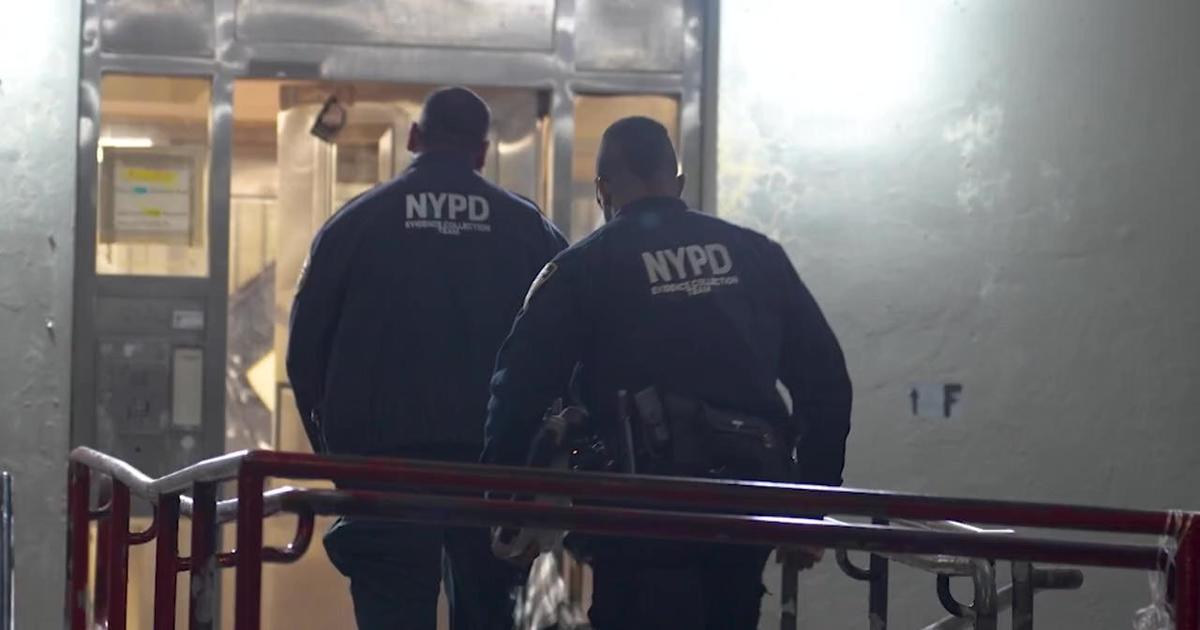Would You Take A Test That Predicts Your 5-Year Mortality Chances?
NEW YORK (CBSNewYork) - Will you die within the next five years?
As CBS2's Jennifer McLogan reported, British researchers are offering an online test to determine your chances of survival. But would you really even want to know?
If so, you can find out right here. But be aware that if you are under 40 or over 70, you may not take the test at all.
Researchers in England headed up a project called UK Biobank. It followed nearly half a million volunteers between the ages of 40 and 70, tracking 655 measurements. One of their goals was to create an "Association Explorer," a tool that helps identify how closely each measurement was associated with death within five years.
You may click here to use the "Association Explorer."
The other goal was to create a "Risk Calculator," a questionnaire based on the variables that have the strongest associations with death within five years.
To use their "Risk Calculator," click here.
The Lancet medical journal published the test, and claimed an 80 percent accuracy rate. The scientists behind the test reported that their research was the most accurate indicator of five-year mortality ever created.
But not everyone who talked to Logan was enthusiastic about the idea.
"No, I would not," one man said. "I'd rather enjoy each and every day as it comes."
But one woman said: "Because I have a baby, I want to know."
Among the researchers' findings:
- A doctor's exam wasn't necessary to predict death. A questionnaire that asked people to rate their overall health and average walking pace, among other things, proved to be a valuable tool.
- The variables that were most accurate for predicting death was an assessment of their "self-reported health" for men and a previous cancer diagnosis in women.
- In folks who didn't have a major disease, smoking habits were the strongest predictors of death within five years.
Weight, diet and drinking are not even mentioned in the test. The most powerful inquiry is about general health.
Scientists claim that specific questions and answers pertaining to family structure, and a broad medical history, are much more significant precursors than blood pressure and pulse rates.
But doctors question the practical value of quiz scores, and warn that the test should not be treated as an oracle to pinpoint your last breath.
Still, trauma psychiatrist Dr. Victor Fornari, of Zucker Hillside Hospital in Glen Oaks, Queens, sees value.
"I think there can be value in identifying areas of risk where we need to be mindful, so that we intervene," Fornari said.
Leaders of the study said they hope the test will be used by the public to assess their general health, as well as by doctors to identify those most at risk.



